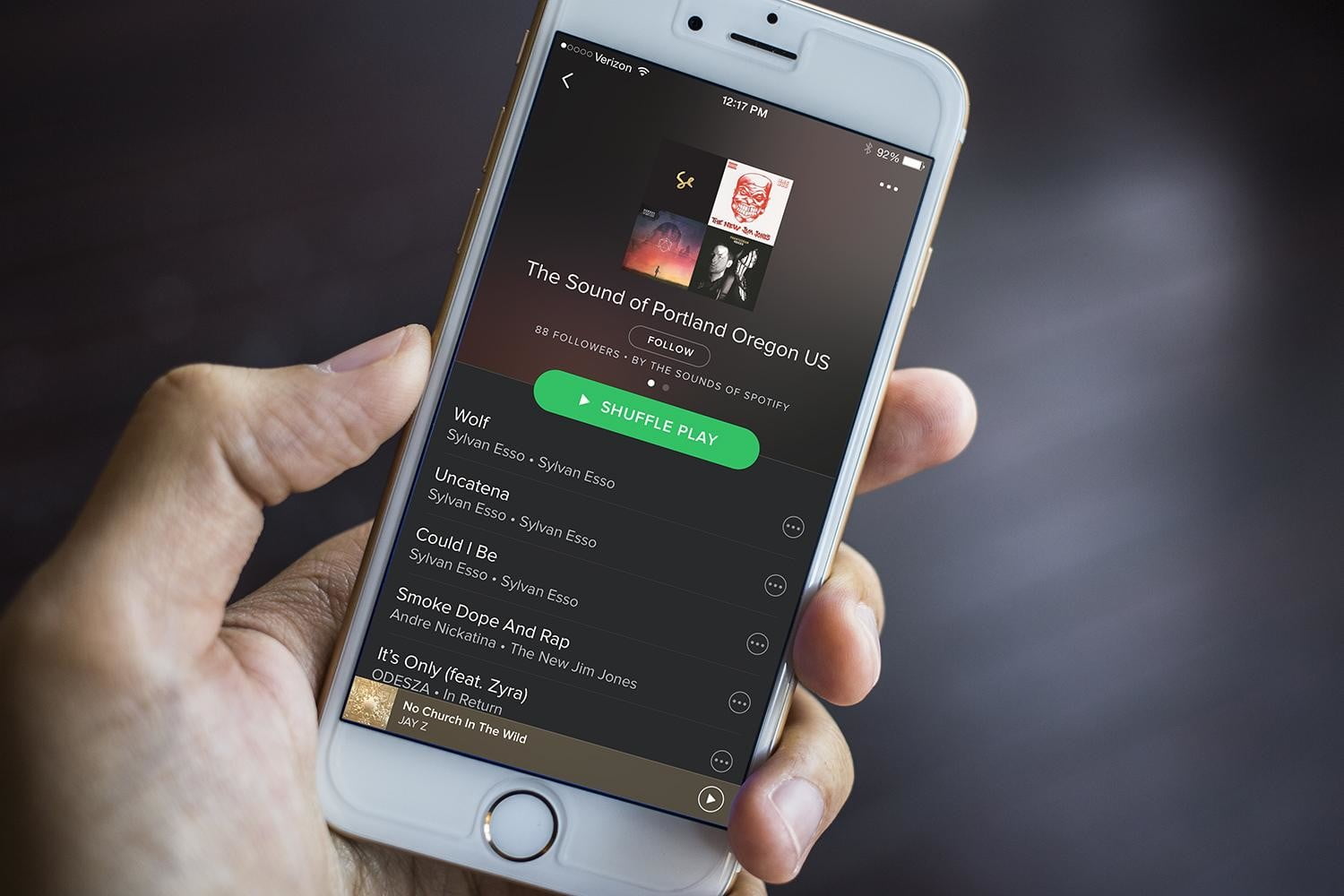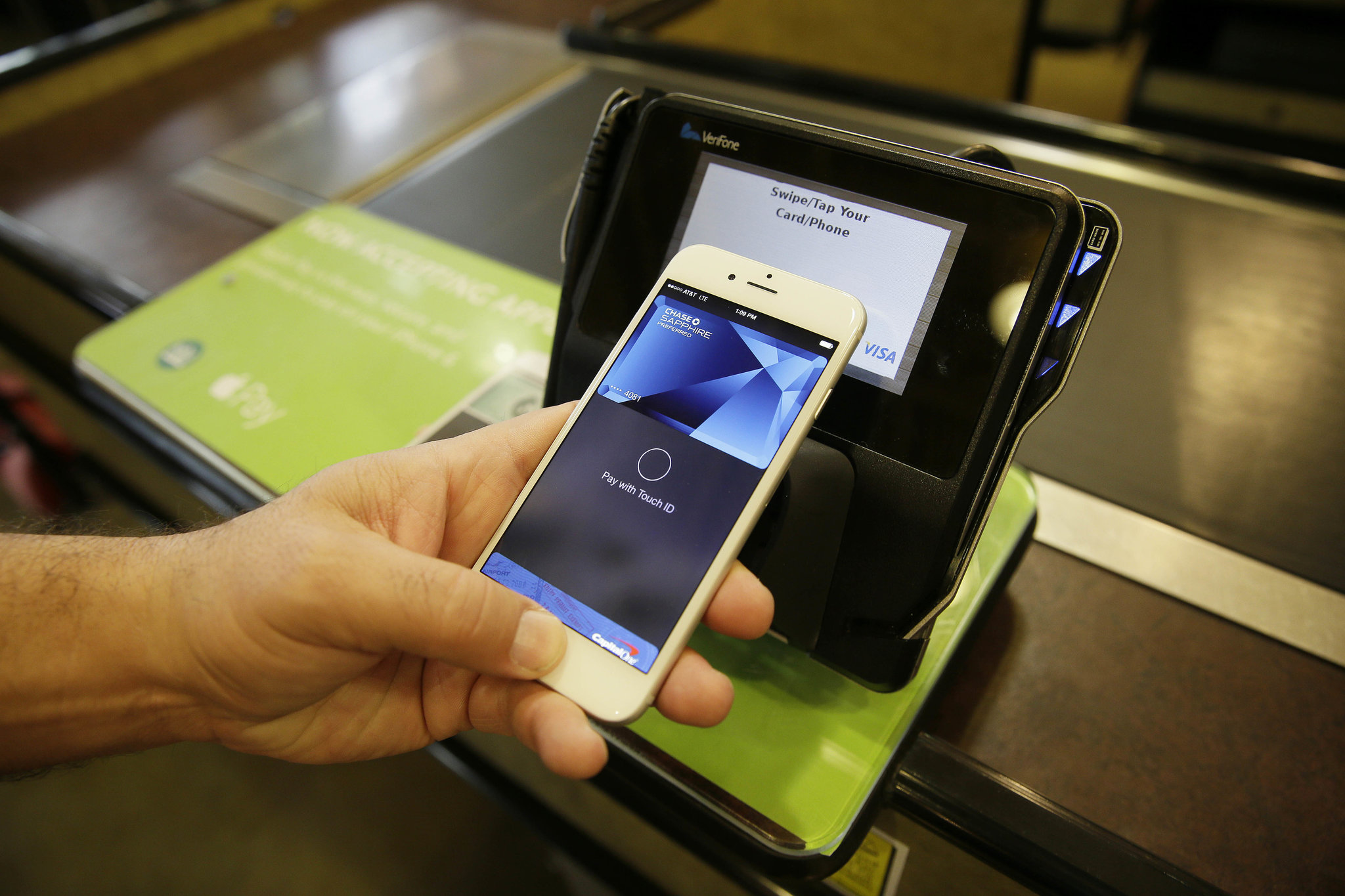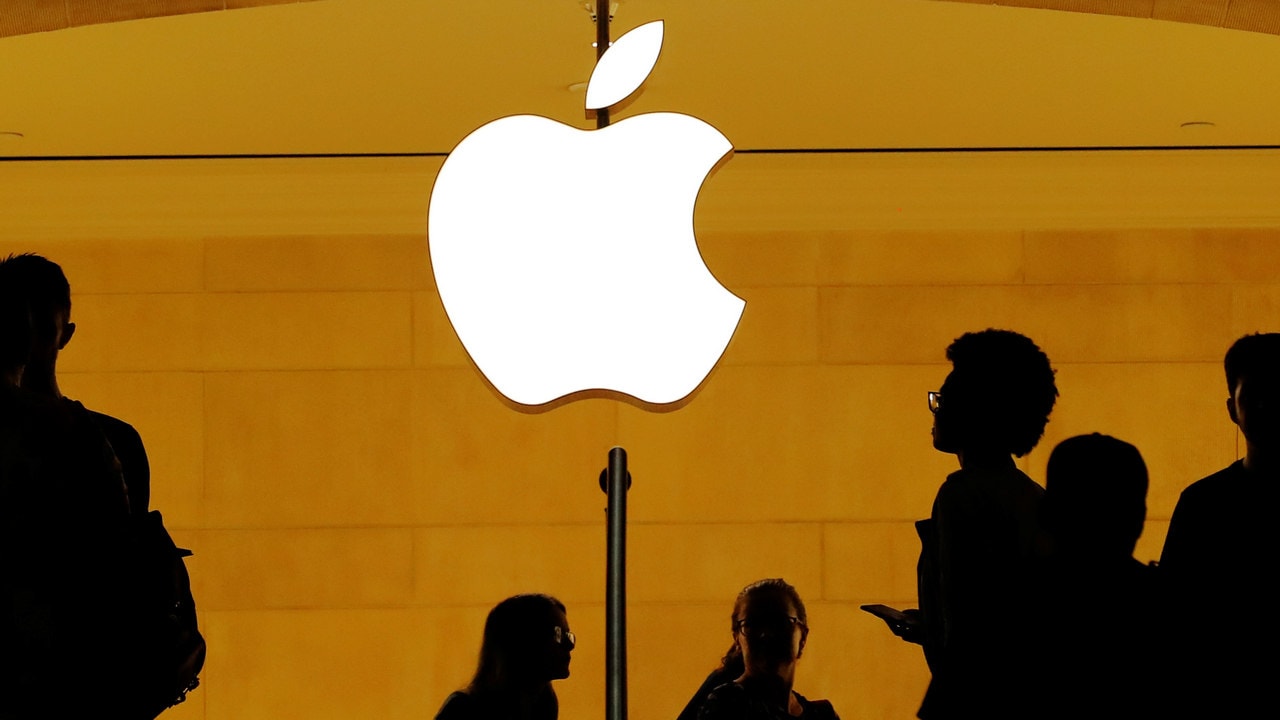What just happened? The EU has formally opened two antitrust investigations into Apple's App Store and Apple Pay. Cupertino will be scrutinized for charging third-parties a 30 percent fee for hosting their apps on the App Store while promoting its own competing services on the marketplace. The company's mobile payment solution will also be probed for restricting the use of NFC to its Apple Pay app, thereby prohibiting banks and other financial service providers from offering NFC payments through their own apps.
It was just yesterday we learned that Apple generated a whopping $519 billion of sales through the App Store. The platform has been revolutionary in terms of how people shop from their phones, consume digital services and has created a vast pool of app developers and businesses, all of whom have to agree with Apple's terms and conditions for hosting their apps on the App Store. It's either Apple's way or the highway.
The company is now being investigated for these rules by the EU to determine if they violate its competition policies. "Apple obtained a 'gatekeeper' role when it comes to the distribution of apps and content to users of Apple's popular devices," said Margrethe Vestager, EU's executive vice president in charge of the competition policy. She also noted that Apple's own services like Apple Music and Apple Books are competing against other app developers and that the EU needs to ensure that Cupertino's rules governing the App Store do not distort competition.

Apple has previously been accused of gatekeeping by several companies with competing apps on the App Store. Spotify launched a complaint in March last year, calling Apple's 30 percent store commission unfair, as well as using the marketplace to promote its own Apple Music service. Spotify's chief legal officer said on Tuesday that Apple acts as "the stadium owner, referee, and player, and tilts the playing field in favor of its own services," while calling out EU's investigation as an important first step towards determining the conduct of online platforms in the future.
A similar complaint came recently from eBook Company Kobo. It also has to pay a 30 percent fee to Apple on book sales, and said it was difficult to remain profitable while competing with Apple Books, which doesn't incur the same costs. To avoid this tax, Kobo says it's forced to sell content through its own website, putting users at an inconvenience since they can't make purchases from within the app.

The EU's second antitrust investigation has to do with how Apple dictates the use of its NFC technology across merchant's apps and websites. Vestager notes that mobile payment solutions are rapidly gaining acceptance, and their usage has surged recently due to the ongoing pandemic as customers turn to online and contactless payments. Apple, however, appears to be setting conditions for using Apply Pay, for which it has exclusively reserved the "tap and go" functionality, preventing competing services from offering the same convenience to customers.
Apple expressed disappointment with the EU's decision to advance these "baseless complaints," which it said came from a handful of companies who simply want a free ride. The company later told The Verge that it now welcomes the investigation as an opportunity to prove its case as it gave Apple customers "access to the best app or service of their choice, in a safe and secure environment."
